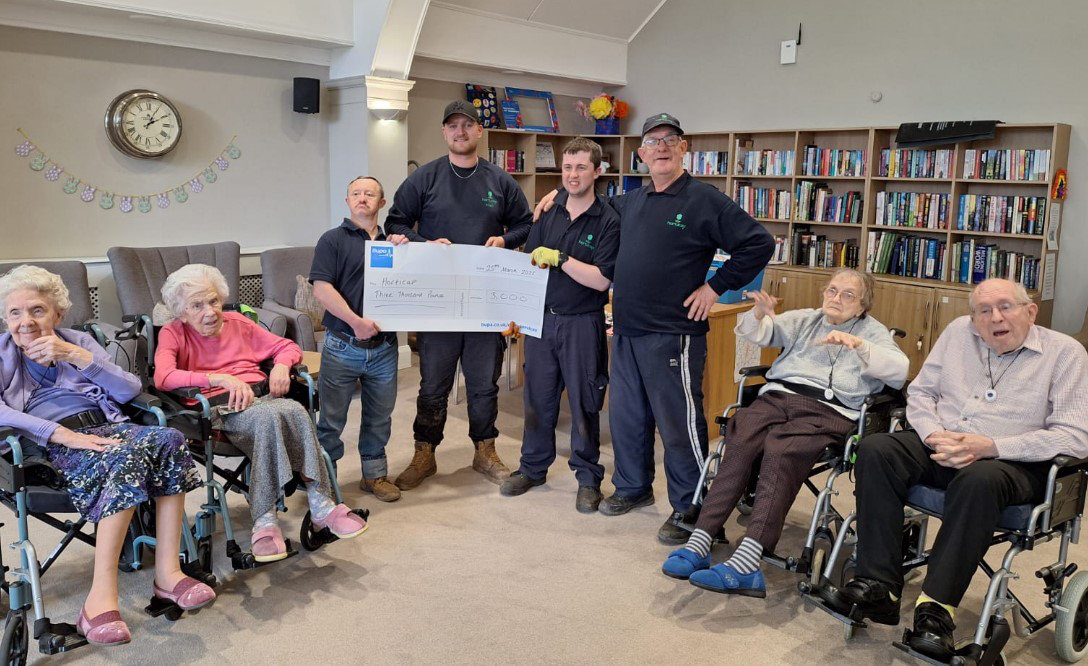On the 17 August 2016, Harrogate Borough Council convened a professional standards hearing to investigate a complaint towards a senior councillor from a member of the public.
The complaint was from Peter Lilley and centred around Councillor Rebecca Burnett’s actions during the development of the town centre strategy and masterplan.
Peter Brett Associates were paid £56,000 to put the masterplan together and only received 159 responses from the public.
Mr Lilley made contact with Councillor Rebecca Burnett who informed him that there had been many more verbal responses received and that these would also be included.
Following this advice, Mr Lilley issued a Freedom of Information Request (FOI) to Harrogate Borough Council and found that none of the verbal responses had been recorded at any events.
Mr Lilley raised a formal complaint against Councillor Burnett and a professional standards hearing was convened.
The meeting voted Councillor Robert Windass (Conservative, Boroughbridge) to be chair and there were Councillors Bob O’Neill (Formerly Libdem before switching to an independent, Woodfield) and Matthew Hill (Conservative, Panal)
Also present at the panel hearing:
- Jenifer Norton, head of legal and governance at Harrogate Borough Council.
- Bernice Elgot, Chief Solicitor for Harrogate Borough Council and acting as investigating officer
- Mr Alan Mitcheson, lawyer, acting as an independent person
- Councillor Rebecca Burnett
- Councillor Richard Cooper, Leader of Harrogate Borough Council
- Mr Peter Lilley the complainant
The meeting heard that the Local Government Act 1972 gave them an option to exclude the press and public. There was no explanation given to the panel on that legislation nor to the press and public present. The Councillors voted without any level of discussion and the press and public were removed from the meeting.
Following this meeting, Harrogate Borough Council have been asked repeatedly why the press were excluded and requested to explain why, in lay mans terms, they worked against the principle of openness that they are required to work to – we are yet to receive an explanation.
The panel heard from Burnett and Lilley for around an hour, before they left the meeting. Cllr Burnett was given a side room to use while Mr Lilley was left in the corridor to share the two available chairs – this was for three hours.
The panel was asked to consider if Councillor Burnett had failed to comply with the principle of openness as set out in Part 5 of the Member’s Code of Conduct because of the way in which she responded to Mr Lilley’s enquiries regarding consultation responses from public events on the Town Centre Strategy and Masterplan.
The panel concluded that her statements were misleading and therefore placed her in breach of the principle of openness.
The panel noted that Ms Burnett could have and should have taken opportunity to correct her statements to Mr Lilley, but failed to do so.
Ms Burnett accepted the outcome of the investigation and has stated that with hindsight she did not express the position regarding the inclusion of verbal feedback as well as she could have done.
The panel made the decision to place no further sanction on Ms Burnett, other than to publish the outcome of the panel.
The outcome report can be read here https://localdemocracy.harrogate.gov.uk/ViewSelectedDocument.asp?DocumentID=37752
The panel voted to keep the investigation report as an exempt document and to not place it in the public domain.
Peter Lilley said in response to the findings:
I am very disappointed at the panel’s response in respect of my Code of Conduct complaint against Coun Rebecca Burnett, not only the actual findings, but the whole tone.
The three-person panel seemed to be affronted that a resident should have the temerity to make a formal complaint about one of their colleagues; and I therefore experienced what felt like a minimum level of courtesy and even-handedness.
It was also disappointing to see a council which claims to be fully committed to the principle of “open government” immediately taking the decision to ban press and public from the hearing; and also to deem all Council papers relating to the investigation as being confidential. Particularly so since the whole essence of my complaint centred on the issue of transparency.
My complaint concerned a serious matter concerning the way Coun Burnett dealt with questions relating to the public consultation process over the Harrogate Town Centre Strategy and Masterplan. It appeared to me that Coun Burnett was claiming that far more people had responded to the public consultation than those whose comments appeared on the portal set up by Harrogate Council specifically for this purpose.
Coun Burnett claimed that numerous people had made comments at various feedback events organised by the Council and that these would also be included in her report to the Cabinet prior to the Masterplan being formally adopted. I was later able to prove through a Freedom of Information request that none of these comments were ever recorded which raised the important question: how can comments which weren’t written down be included in any evaluation?
In its findings, the panel concluded that Coun Burnett had used careless phrases in her exchanges with me and, in the end, had taken a “communication shortcut.”
The reality of this so-called “communication shortcut” was that Coun Burnett refused to answer any more questions from me and stated: “I don’t intend to communicate with you any further on this point.
The panel also concluded that in recognition of Coun Burnett’s “early and unequivocal recognition of the investigation report and her expressions of regret,” she should no face no sanction other than the panel’s finding that she failed to comply with the Members’ Code of Conduct. This requires councillors to uphold the General Principles of Public Life which includes being as open as possible about their actions and being prepared to give reasons why they have acted in a particular way.







